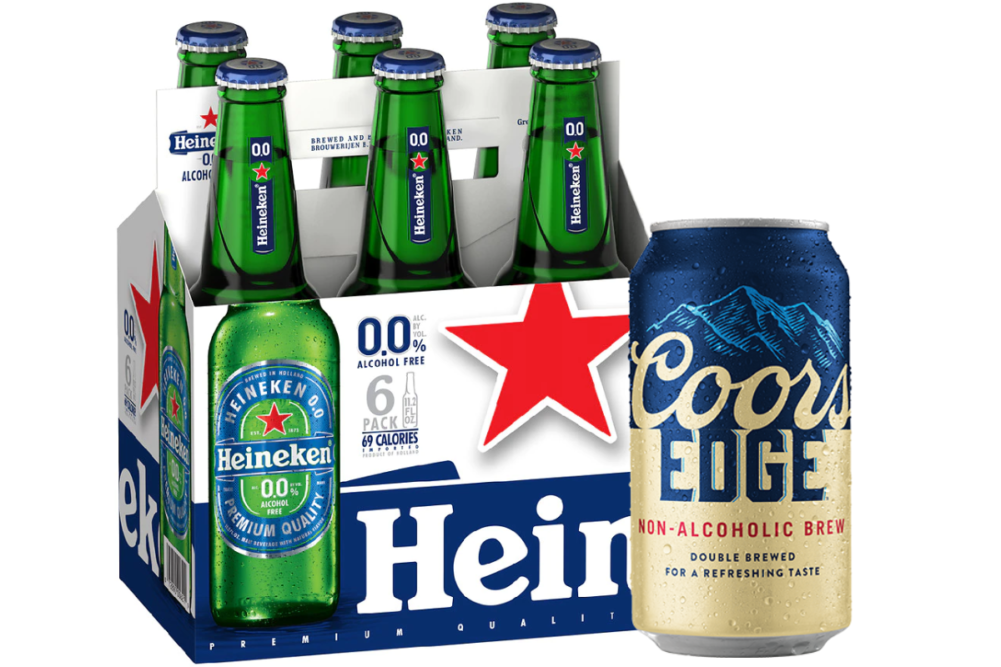WASHINGTON — Nearly one-in-five adults are participating in Dry January this year, up from 13% who said the same in 2021, according to a new survey from Morning Consult.
The Washington-based data intelligence company found millennials are a driving force behind the movement, with 27% planning to abstain from alcohol for at least part of the month. The generational difference is more pronounced than last year, when 16% of millennials participated. Seventeen percent of Gen Xers surveyed by Morning Consult are participating in Dry January, up slightly from 15% in 2021. Thirteen percent of baby boomers are participating, compared to 10% who said the same last year.
Word-of-mouth is one factor leading more people to join the movement, said Emily Moquin, food and beverage analyst at Morning Consult. Nearly 40% of those who said they have heard about Dry January are participating.
“In addition, more participants cite undertaking Dry January as part of a group,” she said. “Beverage brands can benefit from this word-of-mouth and group participation with the right messaging to generate buzz.”
Many consumers are moderating the moderation movement this year by not going all-in, she added. This rise in modified approaches to Dry January may be another reason why the movement is growing.
“In line with current consumer mindsets that value balance over ultimatums, only half of the participants plan to abstain from alcohol completely, while the rest are taking a more moderate approach that merely involves less drinking,” Ms. Moquin said.
While alcohol consumption has increased during the pandemic, most participants cited health as their primary goal, as opposed to wanting to curb their pandemic drinking. More than 90% of participants said they committed to abstaining from alcohol or reducing their alcohol consumption because they are trying to be healthier.
Adults who are participating in the movement are more likely than drinkers overall to say they plan to purchase nonalcoholic beer, wine and cocktails this month, but the number of participants who say they plan to do so remains low. Just 33% of participants plan to purchase nonalcoholic beer, while 30% plan to purchase nonalcoholic wine and 27% plan to purchase nonalcoholic cocktails.
“As the movement picks up momentum and participating friends share their experiences with one another, there is opportunity for the growing nonalcoholic beverage market to gain awareness and potentially year-round attention,” Ms. Moquin said.



